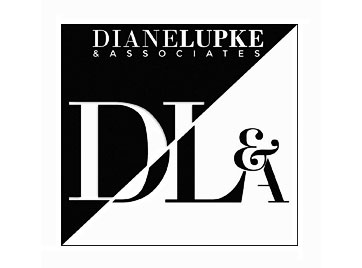WI Supreme Court Upholds Constitutionality of TIF Incentives
Great news for tax incremental financing (TIF) in Wisconsin. Earlier this month, the State Supreme Court ruled the use of TIF to provide cash payments to developers does not violate the Uniformity Clause of the Wisconsin Constitution.
The decision is a major victory for economic development in Wisconsin, as it preserves the role of TIF as a key redevelopment tool for communities across the state.
Last fall, the Wisconsin Supreme Court agreed to review Voters With Facts v. City of Eau Claire, a lawsuit that alleged the creation and use of TIF districts by Eau Claire for the Confluence Project was illegal. The lawsuit claimed TIF funds used to make payments to developers violated the state’s Uniformity Clause, as it amounted to a property tax rebate for the developers. It also stated the city did not adequately show the property in the TIF districts were blighted and failed to prove the project would not have occurred without TIF funding (i.e., the “but for” clause).
WEDA, along with its strategic partners – the Wisconsin Realtors Association and NAIOP of Wisconsin – intervened in the case before the High Court, filing a joint brief supporting the defendants in the case and the constitutionality of TIF payments to developers. The city attorney who argued the case believes WEDA’s participation in the case was helpful. Had the court ruled the other way, it would have severely diminished the use and effectiveness of TIF to encourage development in communities across the state.
Although the Court ruled 5-2 to uphold the constitutionality of TIF cash grants to developers, the justices did order a lower court to conduct a limited review of the blight standard used by the City of Eau Claire and whether the city met the “but for” clause under state TIF law. However, the narrow review ordered by the Court presumes the city was correct in its actions, which will make it extremely difficult for the plaintiffs to effectively argue their case.
Click here to read the full Supreme Court decision.































